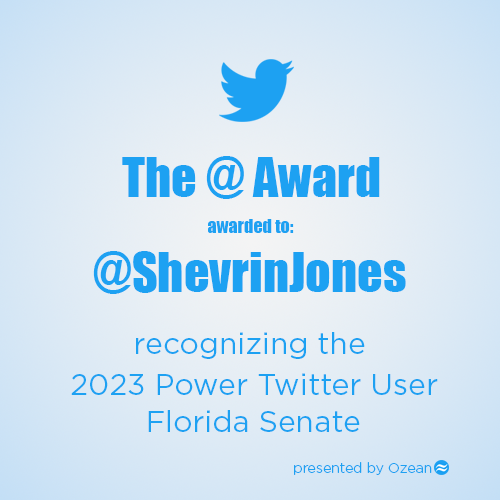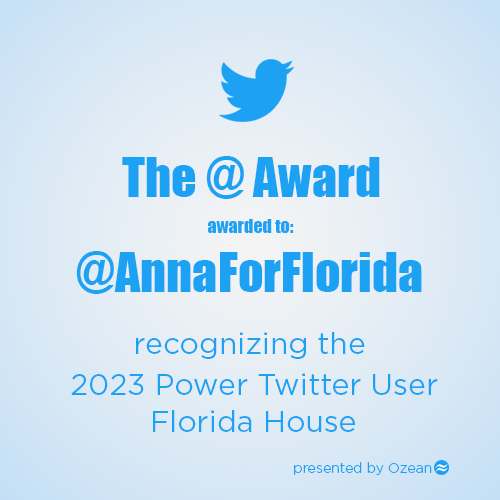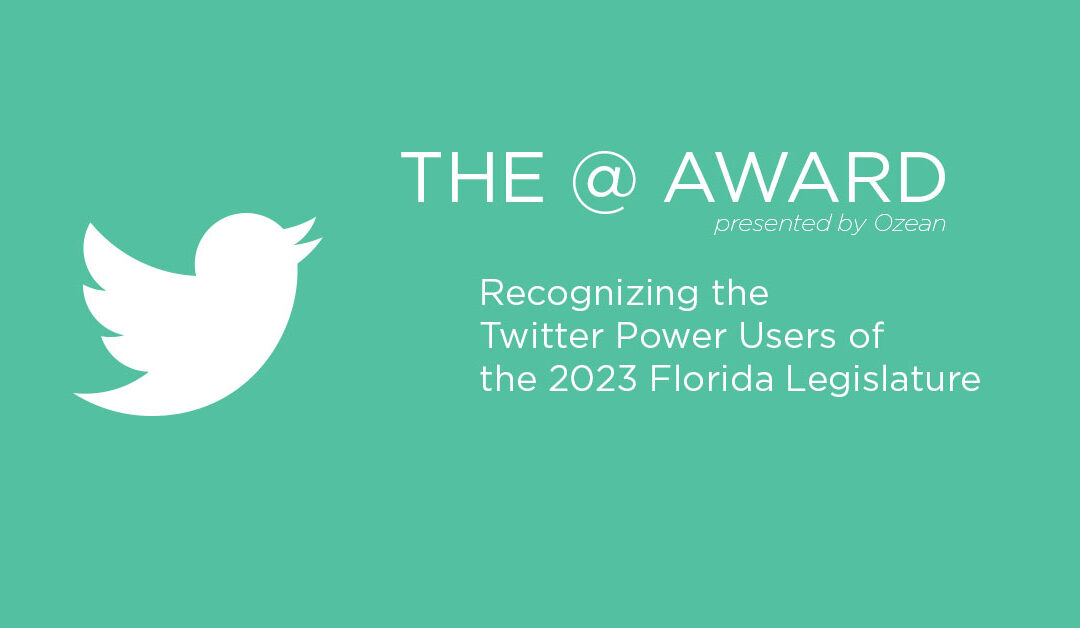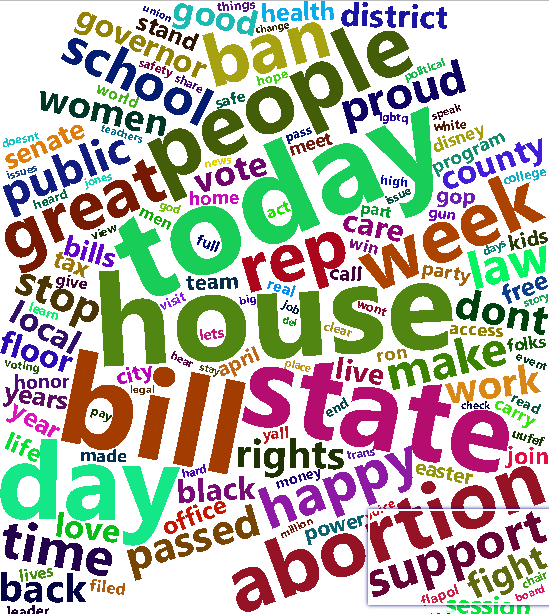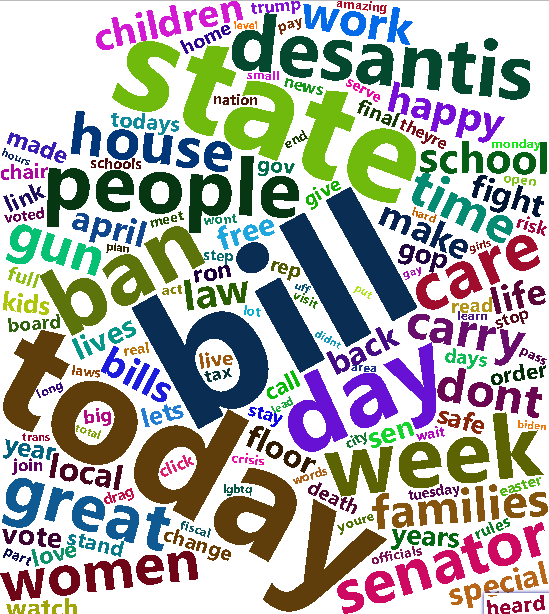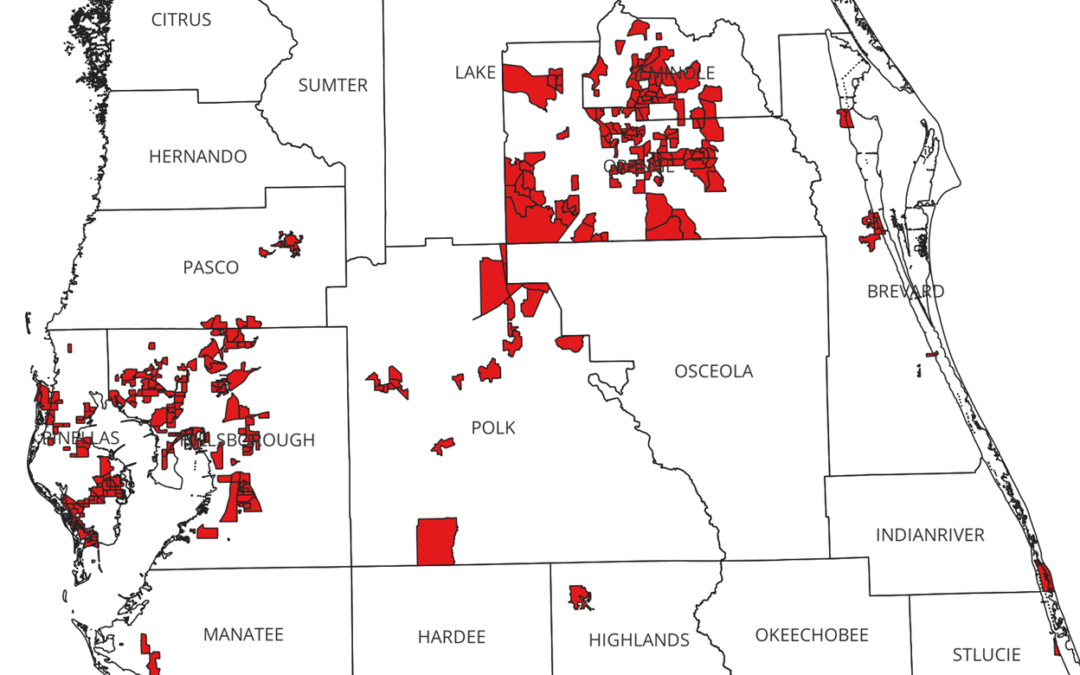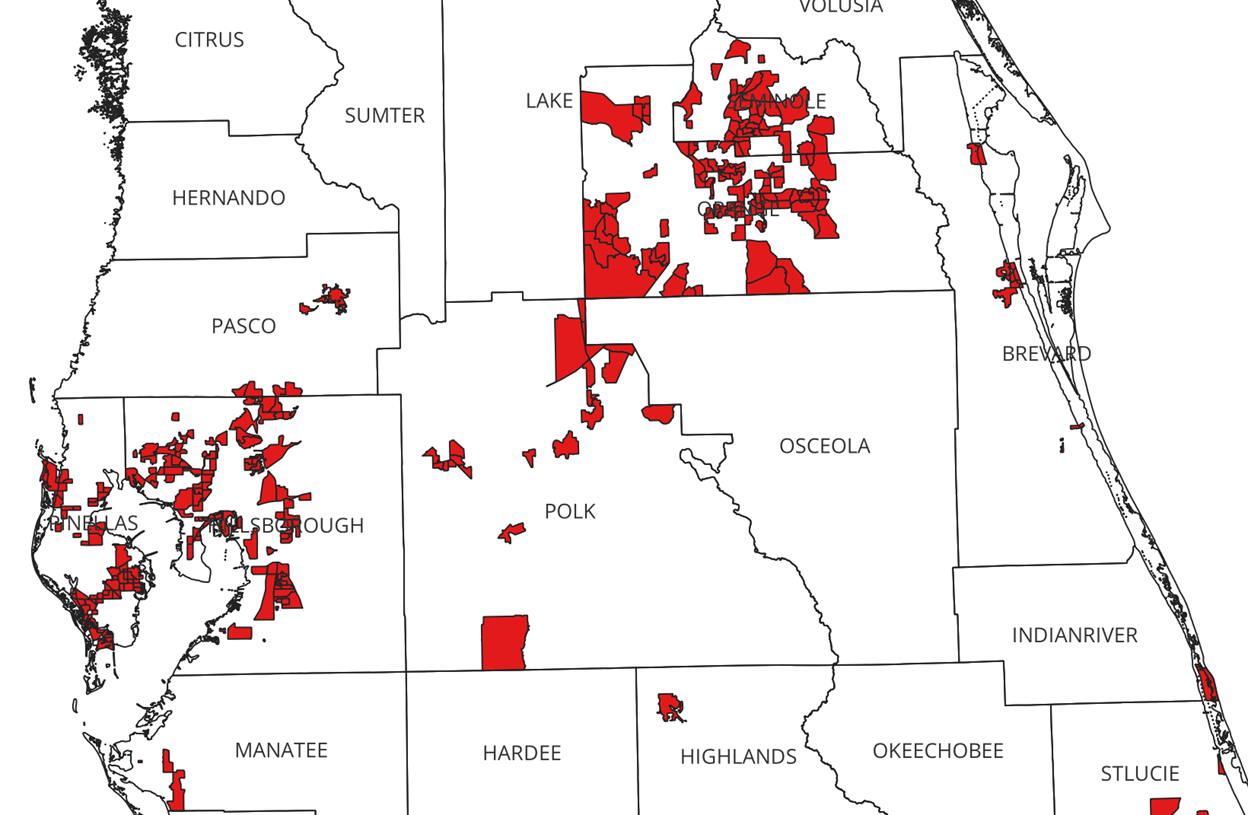
How many parties does the United States REALLY have?
In the email bag “Alex, I contend we have a 3 party system now: Democrats, Traditional Republicans, and the Tea Party/MAGA/Hard right. These three parties rarely agree on anything. Prove me wrong and write it up online!”
As always, your wish is my command.
As you read this, keep in mind Party Identification is not equal to Political Ideology.
Party Identification
Gallop tracks party identification, by asking “do you consider yourself a Republican, a Democrat or an independent?”
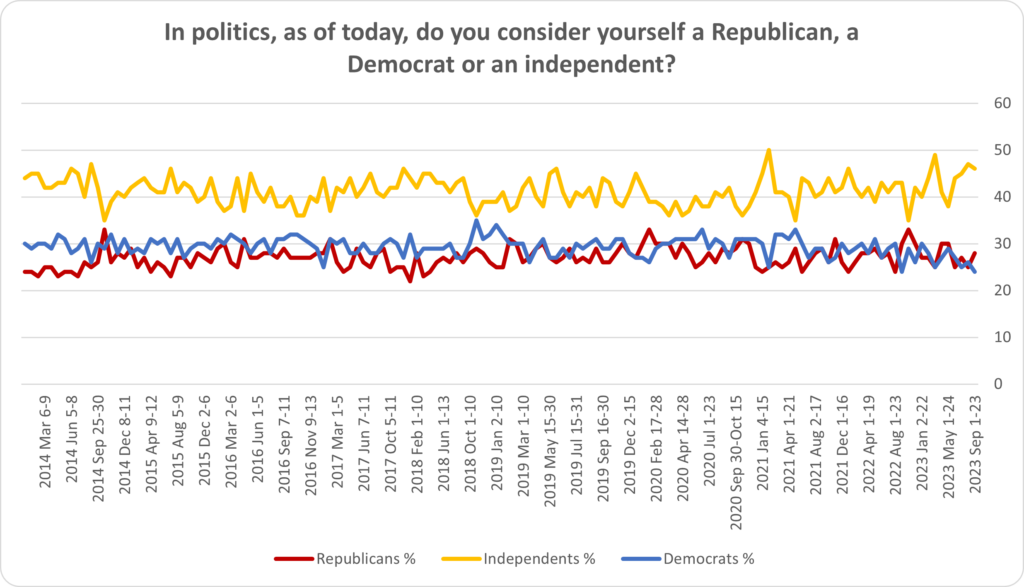
Yes, we know there are Libertarians, Green, and a host of small additional parties, but we mostly discount them. Why?
Because in America, where the parties and politicians write the rules for ballot access, it becomes difficult for small parties to get on the ballot.
In addition,
- Independents don’t agree on much, other than their dislike of politics or the two major parties.
- Donors are partisan and don’t like investing in flyers.
- The Psychology of Voting
- Independents who do vote are for the most part closeted partisans
We see this when Gallop asks a follow-up question to Independents:
When Gallops “As of today, do you lean more to the Democratic Party or the Republican Party?”
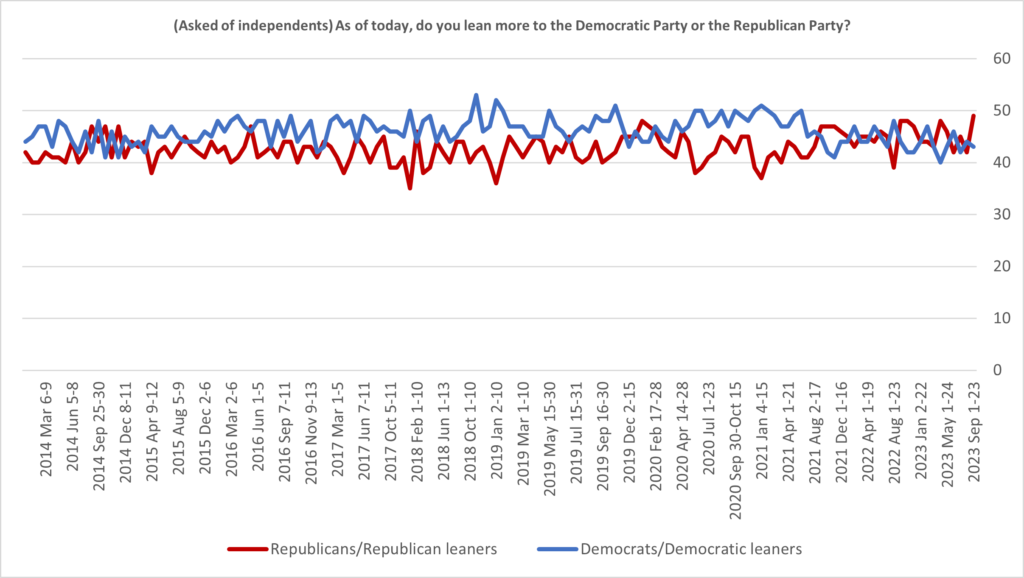
But at times candidates not from one of the major two parties do win.
Typically, three conditions are necessary
- The independent candidate is independently wealthy.
- The independent candidate is famous.
- One of the two candidates from the two major parties is significantly flawed.
A perfect example of this is the WWF Superstar Jesse Ventura’s successful independent campaign for Governor of Minnesota.
So, we have two main parties in the US. However, these two parties house many political ideologies.
Political Ideology
America is much, much more diverse than right/left, red/blue, Rep/Dem.
There is no one definitive answer to the question of how many political ideologies are in American politics because political ideology is a complex and fluid concept.
However, many are familiar with a two-axis approach with social and economics being the two scales. I have read addtional research identifying up to 16 distinct ideologies, but I think that is splitting hairs a bit.
These clusters are not mutually exclusive and at times do over-lap.
My friends at Echelon Insights recently updated their nationwide survey of ideology based on these two axes, identifying 4 clusters.
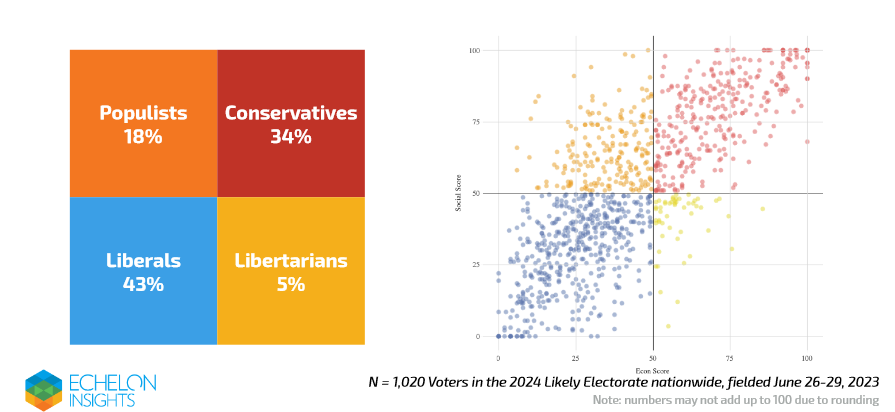
Echelon continues their research asking, if America was a multi-party system, what would that look like?
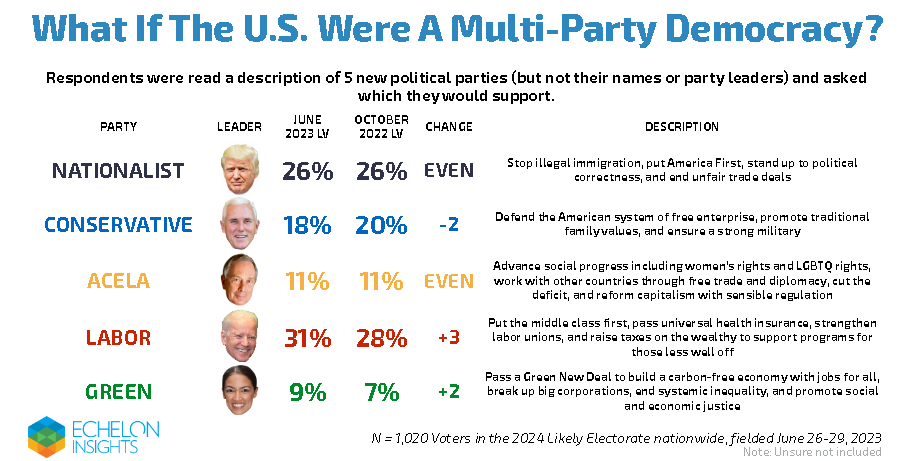
Conclusion
So, when our reader writes “Alex, I contend we have a 3 party system now: Democrats, Traditional Republicans, and the Tea Party/MAGA/Hard right. These three parties rarely agree on anything.”
I would disagree, we still have two major parties in America by design and infrastructure.
These two parties house different ideologies that often in other proportional systems of government would be viable political parties. But rather than proportional government, America has first past the post elections, leading to two parties.
Within these parties, these clusters fight for power at times these clusters change, meld, and eject themselves. It has been like this since America’s founding.

In modern times, the GOP traditionally housed Republicans who believed in free markets and limited government intervention in the economy, low taxes, and a strong national defense.
Now, it also houses a newer, MAGA faction that believes in supporting former President Donald Trump and his policies (whatever they may be). They are often characterized by their nationalist, populist, and protectionist views. MAGA Republicans are typically more “conservative” than traditional Republicans on both social and economic issues.
It is hard to tell, noting that the current GOP officially has NO PLATFORM.
The populist / birch / maga sect has traditionally been housed in the GOP to varying degrees of strength. Buchanan and Goldwater times are two examples, but the group never really gained much power within the GOP.
That has changed. In fact, one could make the argument that DJT was an independent/third-party candidate who instead of running outside the party structure, ran inside, took over, and captured the GOP.
As seen this week in the House’s cluster of an operation of the election of a new Speaker and the charts above, the MAGA sect is now the dominant faction in the GOP.
Traditional Republicans are now faced with a choice:
- Go the Mitt Romney route and retire/quit, or
- Adopt new beliefs, or
- Stay inside the party and fight to re-establish dominance, or
- Leave the party.
Here is a dirty little secret – I have little to no faith in Traditional Republicans’ ability to re-take control of the GOP. I have witnessed their cowardness in the face of the rise of MAGA, and without massive losses at the ballot box, the GOP is MAGA.
In the coming months and years, Traditional Republicans will assimilate (justifying it by saying that anyone is better than any Democrat), be ejected, drop out, or choose a different path. Simply, Traditional Republicans are not welcome in today’s MAGA GOP.
And because of that, I do think depending on how the 2024 election goes, we may be witnessing a major realignment happening that could further extend the chart above with yet another cross-over.
So, here is the bottom line: we have two parties, the rules and first past the post elections in America virtually guarantee a two-party system, but in the coming months and years, we may have a slew of free agents.
Sidenote
In his farewell address, George Washington tried to warn us about political parties.
“I have already intimated to you the danger of Parties in the State, with particular reference to the founding of them on Geographical discriminations. Let me now take a more comprehensive view, & warn you in the most solemn manner against the baneful effects of the Spirit of Party, generally.
“This Spirit, unfortunately, is inseperable from our nature, having its root in the strongest passions of the human Mind. It exists under different shapes in all Governments, more or less stifled, controuled, or repressed; but in those of the popular form it is seen in its greatest rankness and is truly their worst enemy.
“The alternate domination of one faction over another, sharpened by the spirit of revenge natural to party dissention, which in different ages & countries has perpetrated the most horrid enormities, is itself a frightful despotism. But this leads at length to a more formal and permanent despotism. The disorders & miseries, which result, gradually incline the minds of men to seek security & repose in the absolute power of an Individual: and sooner or later the chief of some prevailing faction more able or more fortunate than his competitors, turns this disposition to the purposes of his own elevation, on the ruins of Public Liberty.
“Without looking forward to an extremity of this kind (which nevertheless ought not to be entirely out of sight) the common & continual mischiefs of the spirit of Party are sufficient to make it the interest and the duty of a wise People to discourage and restrain it.”

